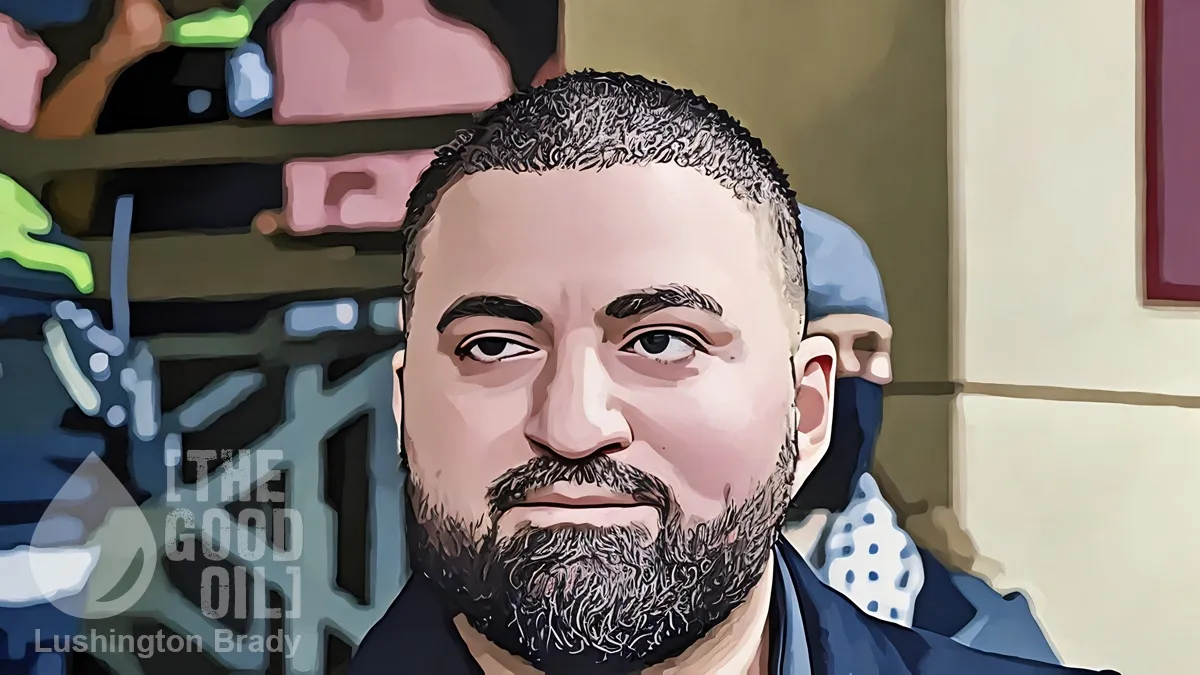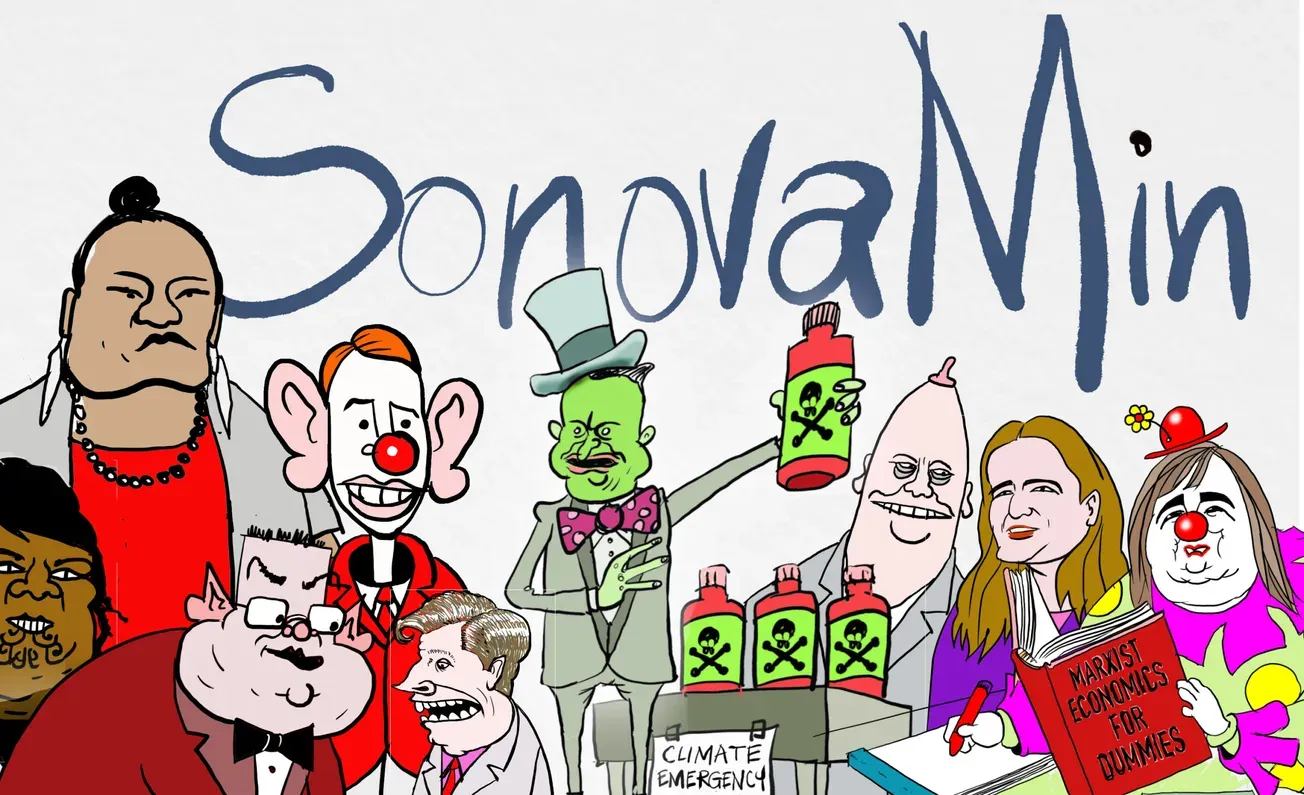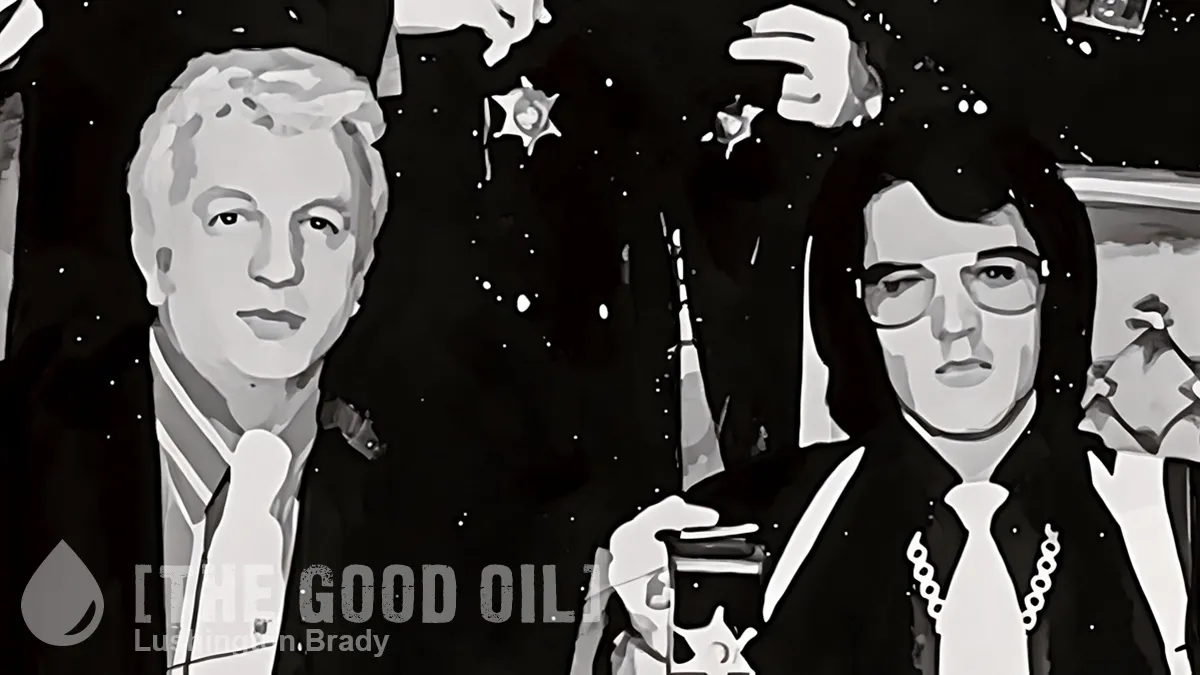Table of Contents
Peter Allan Williams
Writer and broadcaster for half a century. Now watching from the sidelines although verbalising thoughts on www.reality check.radio three days a week
peterallanwilliams.substack.com
Three years ago a friend of mine whose a District Court Judge asked me if I would be guest speaker at the annual DCJ shindig, scheduled that year for the Hilton in Taupo. Despite a feeling of significant intellectual inferiority, I accepted on the condition that all I would talk about were personal experiences from about half a century in the broadcasting industry.
My friend thought that was perfect. It was he said, essentially a social occasion mixed with a few legal discussions, and he and his co-organizers wanted a bloke who could tell a few yarns after dinner on the Friday night, have a few drinks with the assembled judges and all would be well with the world.
There would be no fee, but my accommodation, meals and other hospitality would be taken care of.
I was all set for the function scheduled for some time in May of 2021 when my DCJ friend called back very embarrassed. He said he’d have to uninvite me because there was considerable discomfort being expressed by the Chief Justice about my presence there.
Apparently my views on various political issues as had been expressed on my then Magic Talk radio show, and a cancellation by then Finance Minister Grant Robertson of his weekly appearance on the show after I asked about the World Economic Forum’s Great Reset, meant that in the eyes of Dame Helen Winkelman I was not an appropriate speaker at a gathering as august as the DCJs’ yearly conference.
To be honest it didn’t matter that much to me. It was one less stress in my life, but considering I had no intention of expressing those political views but rather just reflect on a working life going back to the 1970s I thought it quite staggering that the Chief Justice thought it so inappropriate a mere sports presenter turned newsreader turned talkback host could appear at DCJs’ social function that he should be cancelled.
The Chief Justice, I concluded, is woke and timid.
That memory came back as I read about the quite staggering call made by the Supreme Court, of which Dame Helen is a member, to allow a gentleman named Mike Smith to take seven New Zealand companies to court for their role in causing climate change.
Two things make this unanimous decision by the Court remarkable. One, we already have a law which says the country is aiming for net zero carbon emissions in 26 years, and to have those emissions below half of the 2005 levels in six years. So if these seven companies are not already reducing emissions, which they say and can prove they are, how can they be sued when they are following the law?
Secondly, the Supreme Court has introduced the role of tikanga Maori into the case and how it determined Mr Smith’s relationship to coastal land and waters that have been flooded and damaged.
The problem here is that tikanga Maori, under legislation made by the country’s highest court – Parliament – is not part of New Zealand Common Law. What’s worse is that when the phrase appears in legislation it is not defined.
Some judges would like it be. Some judges have already used or elevated the role of tikanga in their decisions. One of them by Justice Churchman, the Whakatohea customary marine title case in the eastern Bay of Plenty, used some concepts of tikanga to overturn what was actually written and meant in the statute – proof of continuous and exclusive occupation back to 1840.
(Bizarrely His Honour invented some concept called “shared exclusivity.” Can he spell oxymoron?)
Back to Mr Smith and his case. The Court of Appeal had already dismissed it. He applied to the Supreme Court to have it heard again. The Supreme Court in a “yeah right” moment has laughingly suggested that their ruling was not on whether the case had a good chance of succeeding but rather that Mr Smith now gets his day in court.
The one good thing about this decision is that the case, when heard, will not actually be in the Supreme Court, in the first instance at least. It will be heard, according to reports, in the lower courts, presumably starting in the High Court.
But Mr Smith and his backers, wealthy iwi interests from the eleven billion dollar iwi asset base reported recently, are obviously prepared to use their deep pockets to go all the way back to the Supreme Court if necessary where, based on the decision so far, they will receive a very friendly reception.
The whole saga again begs the question. Who runs the country? Parliament or the courts?
As citizens we want it to be Parliament. We elect them to make law and if we don’t like the law they make, we vote them out so the other mob can come in and change it.
Things have changed in the last four decades. The first time I heard the phrase “activist judges” was after the Lands case in the Court of Appeal in 1987 when Justice Robin Cooke issued his famous line about the Treaty of Waitangi being “akin to a partnership.” Look where that statement has brought us.
Helen Clark was the best Prime Minister at rebuking judicial activism. She told then Chief Justice Sian Elias that judges “should stick to the bench and not get involved in politics.” Clark’s deputy Michael Cullen was even more blunt, calling Elias straight out a “judicial activist.”
The Supreme Court decision on Mr Smith’s case against the corporates also veers into the field of politics. It quotes the United Nations Intergovernmental Panel on Climate Change and its alarmist lines about “the probability of abrupt and or irreversible changes (to the climate) increasing.”
Those are highly contestable IPCC comments. That they are used in a Supreme Court decision should be a worry to us all. The Supreme Court is there to rule on matters of law, not invent new law contrary to the spirit of what is already legislated.
The seven corporates being sued by Smith produce about a third of New Zealand’s reported greenhouse gas emissions (GHGs). But remember New Zealand emits just 0.154% of all the world’s GHGs.
Therefore these seven companies, acting in accordance with New Zealand law, emit 0.051% of the world’s GHGs. In court, Mike Smith must prove that a miniscule amount of emission makes a difference to the world’s climate.
Any judge with a modicum of common sense would see it as a ludicrous proposition.
Three years on from being uninvited to a judges’ social function I think the Chief Justice is still woke and timid.









